- 한국어
- English
- 日本語
- 中文
- العربية
- Español
- Français
- Deutsch
- Pусский
- Tiếng Việt
- Indonesian
By Honorary Reporter Alexandra Kyriazi from Greece
Photos = Joseph Lidgerwood
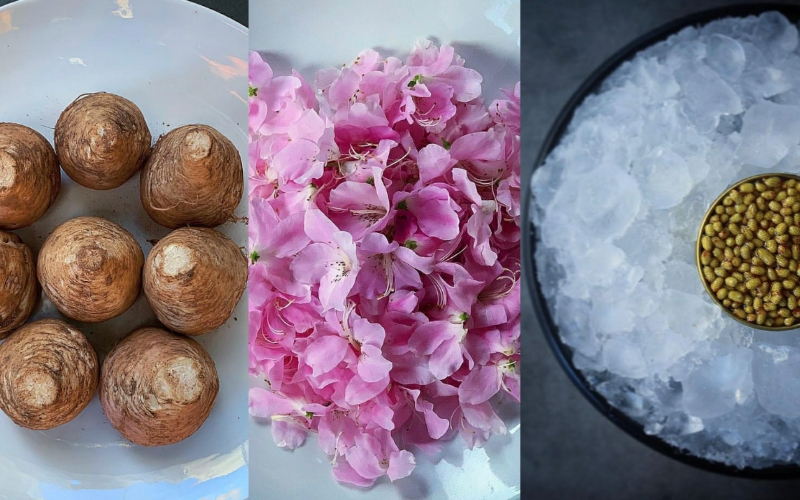
These are several Korean ingredients chef Joseph Lidgerwood uses.
Australian chef Joseph Lidgerwood is a culinary creator with a longtime fascination with Korean cuisine. Born in Tasmania, he worked in several countries and experimented with unfamiliar ingredients.
In 2019, he founded the restaurant Evett in the upscale Seoul neighborhood of Yeoksam-dong. His establishment received a Michelin star in 2020 and he got the Michelin Blancpain Young Chef Award in 2021.
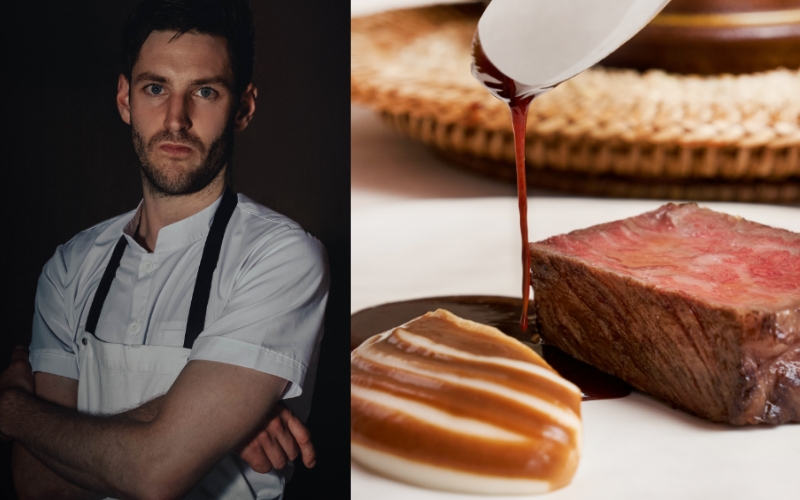
Chef Joseph Lidgerwood plans to open a new restaurant in August.
The following are excerpts from a June 1 email interview with him.
Why did you decide to open a restaurant in Korea and use only Korean ingredients?
I happened to do a pop-up restaurant in Korea one day and I was extremely fascinated by the ingredients the country had to offer. There are so many textures and flavors I wanted to bring into the kitchen to explore. So I decided to open Evett in Korea. I wanted to try something different than what I would normally do.
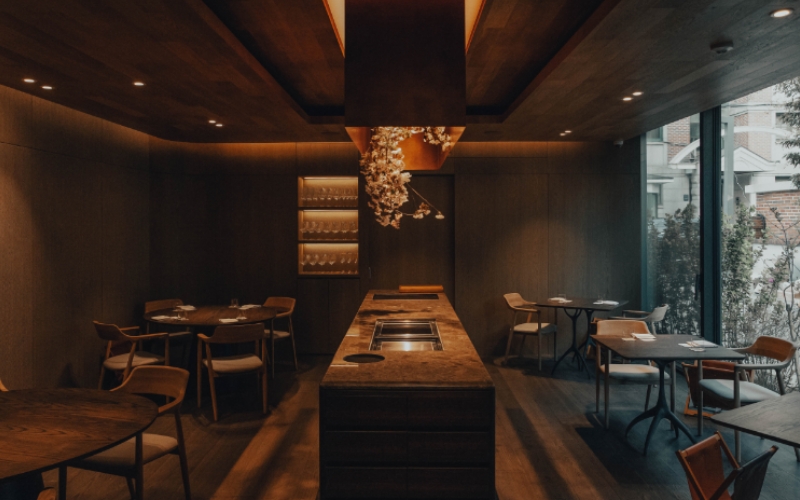
Evett is the chef's Michelin-starred restaurant in a posh district of Seoul.
How do you discover new ingredients?
We discover new ingredients by traveling, meeting people and getting immersed in the culture. Sometimes we come across unconventional ingredients such as the salt forming on the rims of soy sauce pots as the sauce evaporates. It's usually considered a by-product but it's so flavorful.
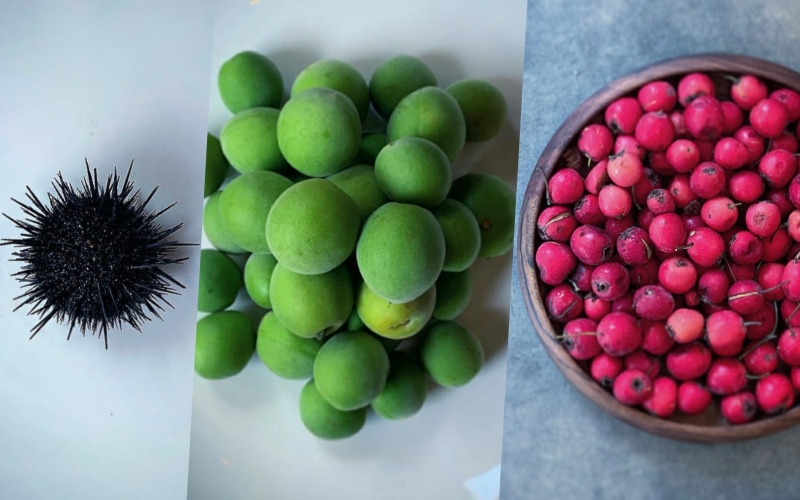
Korean ingredients and their uniqueness motivated the chef to open a restaurant in Seoul.
How do you reflect Korean culture and heritage in your dishes?
We go through an endless testing process until we end up with the final formation. It takes time but we enjoy this exploration. Our cooking is inspired by traditional methods like blanching, pickling and fermentation, which I think is the heart of Korean food. Our goal is to raise appreciation of Korean ingredients by introducing them in unique ways.
What are the most unique Korean ingredients you've used?
I find very interesting ingredients like hanyak (herbal medicine), golbaengi (moon snails) and haesam (sea cucumber).
What's the most difficult dish to make and most common item on your menu?
I wouldn't say there's a particularly difficult dish to make. Sometimes it takes a lot of time and effort to make the ingredients come alive with flavor, but this isn't something that makes a dish particularly difficult. As for the second question, sesame oil caramel is always on the menu.
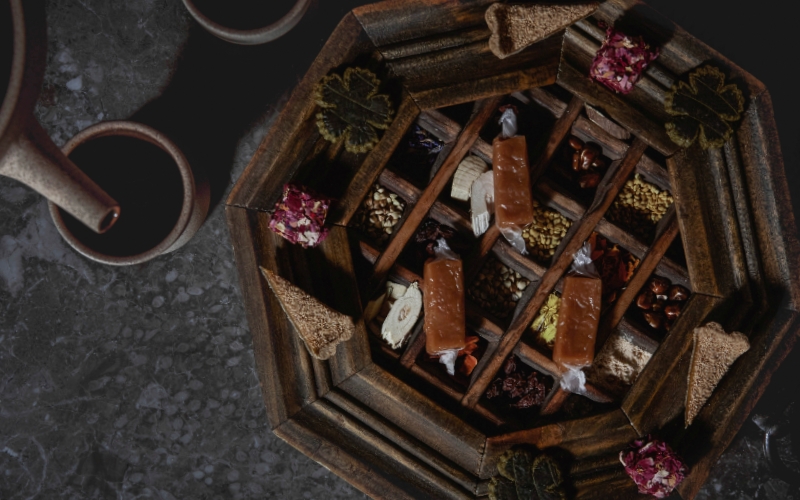
Sesame oil caramel
What inspires you and your team to make beautifully decorated dishes?
I believe that we eat with our eyes first, so decorating the dishes helps the meal become a more engaging activity. It connects guests to the food.
Who is your favorite Korean chef?
Cho Hee-sook from the restaurant Hansikgonggan in Seoul and fermentation master Ki Soon-do. Both are passionate and very focused on making good traditional food.
What are your plans?
We're preparing to open a new restaurant in the first week of August to reach more people and show them the beauty of Korean ingredients.
What advice do you have for chefs interested in Korean cuisine?
I would say be bold, explore, and as Steve Jobs would say, stay hungry and foolish.
msjeon22@korea.kr
*This article is written by a Korea.net Honorary Reporter. Our group of Honorary Reporters are from all around the world, and they share with Korea.net their love and passion for all things.